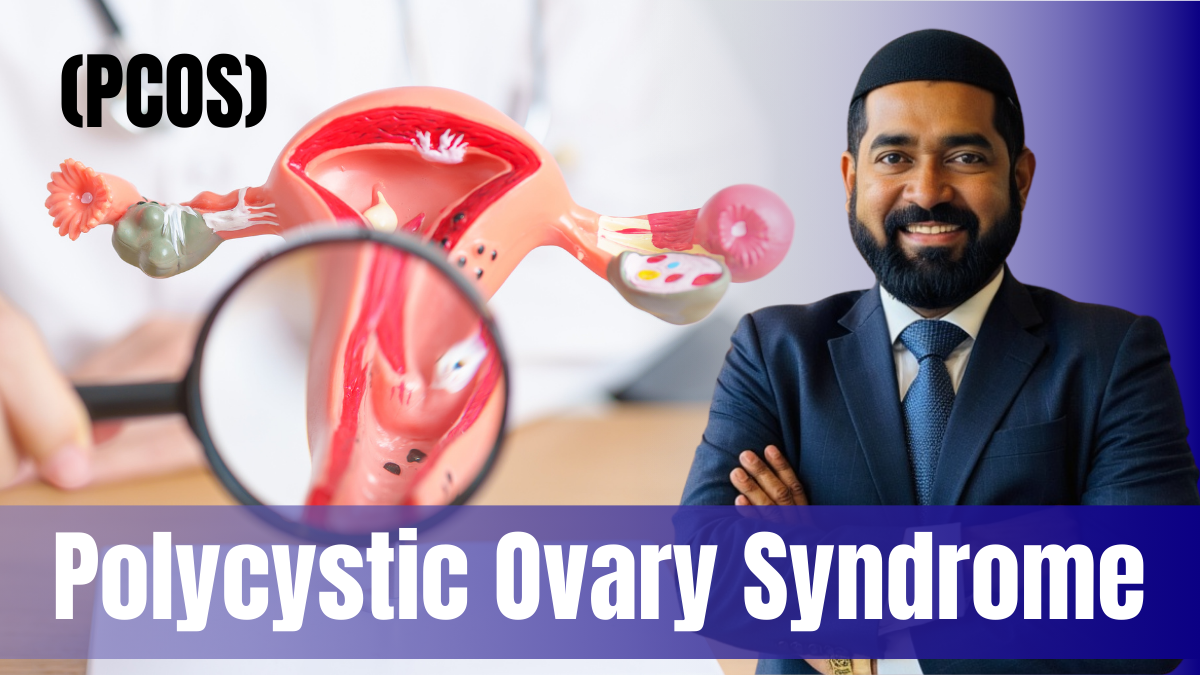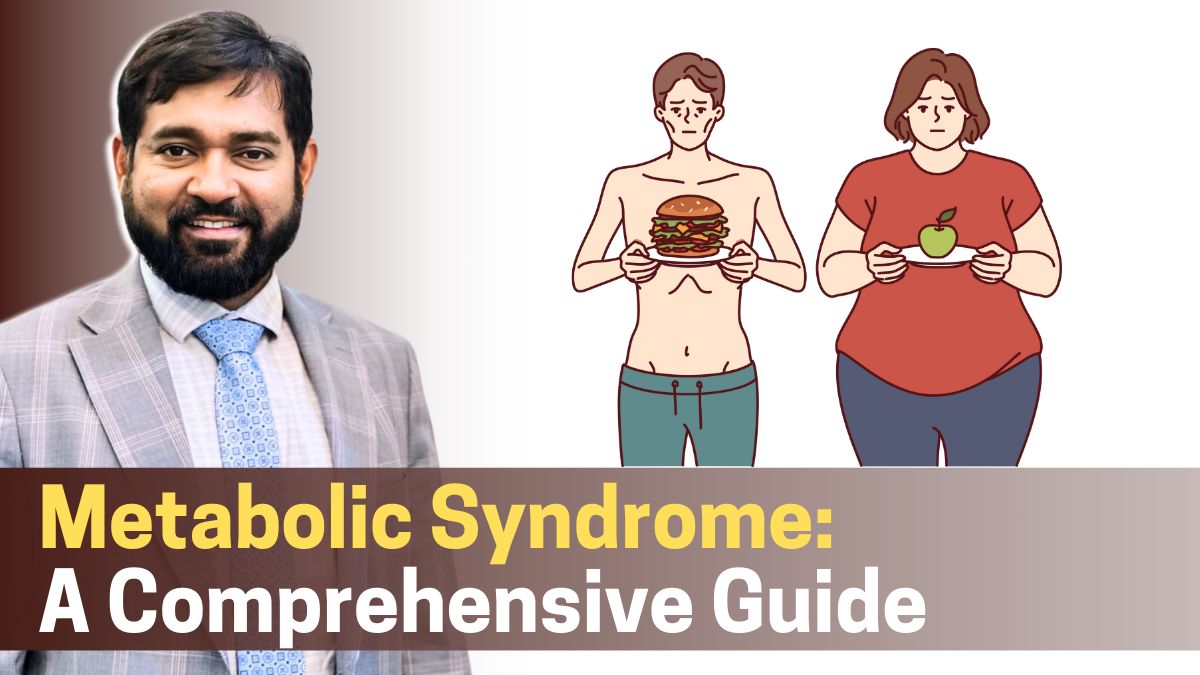26
Cushing's Syndrome: Understanding the Causes, Symptoms, and Treatment Options
Cushing's syndrome is a rare endocrine disorder caused by prolonged exposure to high levels of cortisol, a hormone produced by the adrenal glands. This condition can result from various factors, including the overuse of corticosteroid medications, tumors on the pituitary or adrenal glands, or other medical conditions. In this article, we will explore the causes, symptoms, diagnosis, and treatment options for Cushing's syndrome.
What is Cushing's Syndrome?
Cushing's syndrome is characterized by a constellation of clinical abnormalities resulting from excess cortisol in the body. It is often referred to as hypercortisolism. The term "Cushing's disease" specifically refers to Cushing's syndrome caused by a pituitary tumor leading to excessive production of adrenocorticotropic hormone (ACTH), which in turn stimulates the adrenal glands to produce more cortisol.
Causes of Cushing's Syndrome
The causes of Cushing's syndrome can be categorized into two main types: ACTH-dependent and ACTH-independent.
-
ACTH-Dependent Causes:
-
Cushing's Disease: Caused by a pituitary adenoma that secretes excess ACTH, leading to increased cortisol production.
-
Ectopic ACTH Syndrome: Non-pituitary tumors, such as small cell lung carcinoma, can produce ACTH, causing cortisol levels to rise.
-
Exogenous ACTH Administration: Use of synthetic ACTH for medical purposes.
-
-
ACTH-Independent Causes:
-
Corticosteroid Use: Long-term use of corticosteroid medications is the most common cause of Cushing's syndrome.
-
Adrenal Tumors: Adrenal adenomas or carcinomas can autonomously produce cortisol.
-
Inherited Disorders: Rare conditions like primary pigmented nodular adrenal dysplasia.
-
Symptoms of Cushing's Syndrome
Symptoms of Cushing's syndrome can vary but often include:
-
Weight Gain: Particularly in the upper body, with a rounded face (moon face) and a fatty hump between the shoulders (buffalo hump).
-
Skin Changes: Thinning skin that bruises easily, purple stretch marks (striae), and poor wound healing.
-
Muscle Weakness: Especially in the shoulders and hips.
-
High Blood Pressure and Blood Sugar: Increased risk of hypertension and hyperglycemia.
-
Emotional Changes: Depression, anxiety, and irritability.
-
Hormonal Imbalances: Irregular menstrual cycles in women and decreased libido in men.
Diagnosis of Cushing's Syndrome
Diagnosis involves a combination of clinical evaluation and laboratory tests:
-
Medical History and Physical Examination: To identify characteristic symptoms and signs.
-
24-Hour Urinary Free Cortisol Test: Measures cortisol levels over a day.
-
Dexamethasone Suppression Test: Assesses the body's response to synthetic cortisol.
-
Imaging Tests (CT or MRI): To locate any tumors on the pituitary or adrenal glands.
Treatment of Cushing's Syndrome
Treatment depends on the underlying cause:
-
Medications: To control cortisol production or manage symptoms.
-
Surgery: To remove tumors on the pituitary or adrenal glands.
-
Radiation Therapy: May be used if surgery is not possible.
-
Discontinuation of Corticosteroids: If the syndrome is caused by medication use.
Complications of Cushing's Syndrome
Untreated Cushing's syndrome can lead to serious health complications, including:
-
Cardiovascular Disease: Increased risk of heart disease and stroke.
-
Osteoporosis: Bone thinning due to cortisol's effect on calcium metabolism.
-
Infections: Increased susceptibility due to suppressed immune function.
-
Mental Health Issues: Depression and anxiety can worsen if not addressed.
Conclusion
Cushing's syndrome is a complex hormonal disorder that requires prompt diagnosis and treatment to prevent long-term health consequences. Understanding its causes, recognizing its symptoms, and seeking medical intervention are crucial steps in managing this condition effectively. By promoting awareness and encouraging early medical evaluation, we can work towards improving outcomes for individuals affected by Cushing's syndrome.
References:
- https://www.physio-pedia.com/Cushing's_Syndrome_Case_Study
- https://www.ohsu.edu/brain-institute/cushing-disease-cushing-syndrome
- https://www.medicalnewstoday.com/articles/172744
- https://www.niddk.nih.gov/health-information/endocrine-diseases/cushings-syndrome
- https://medlineplus.gov/ency/article/000410.htm
- https://www.ncbi.nlm.nih.gov/books/NBK279088/
- https://www.mayoclinic.org/diseases-conditions/cushing-syndrome/diagnosis-treatment/drc-20351314
- https://jamanetwork.com/journals/jama/fullarticle/1104780




